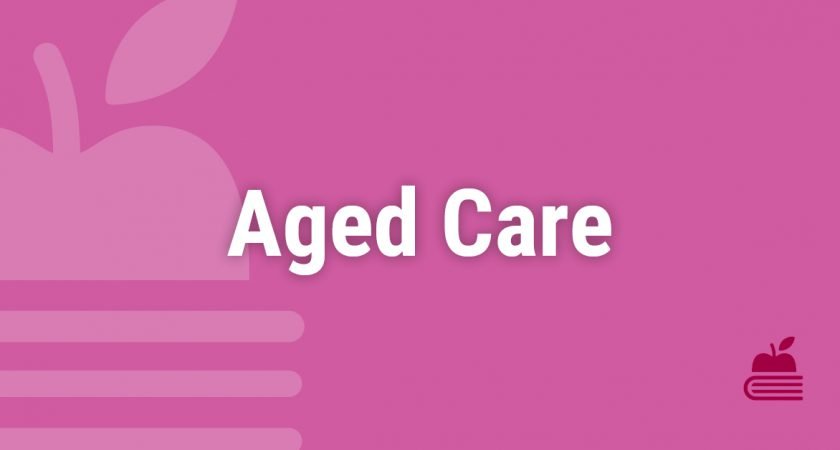Read week
Hi everyone!
How great are grandparents?! They carry with them such wisdom and history. If you have grandparents still alive, when is the last time you’ve seen them? Reflect on their lives and contemplate any wisdom or legacy they have left you. Has this wisdom affected your work as a doctor?
This week is about Aged Care medicine.
Patients of advanced age are much more fragile. Delirium is a common phenomena in this age group and can be triggered by things such as constipation, infection, mediation or even being in a new location. It is important to know the difference between delirium, dementia and depression as these three share some clinical features and can easily be confused (excuse the pun).
It would be worth for each doctor to have some idea of the legal and social issues that affect all people of advanced aged. It is worth having a read about Advance Care Planning, substitute decision-makers, making a will, Enduring Guardianship, Advanced Care Directives, and brushing up your skills of writing a death certificate. It’s also worth each doctor being familiar with the referral pathway for an ACAT assessment.
As patients age, there are increasingly more Medicare supported services that can be provided. Take your time to complete a yearly Health Assessment for every patient aged 75 years and above – including a thorough physical examination. A thorough physical examination is particularly important in patients who have lost their partners and may not be able to check between their toes, check for pressure areas, check for skin lesion etc. It also lets them know that you’re a caring and thorough doctor who they can trust.
Look after yourself, and remember to value and appreciate your elders!
Dr Andrew Harris
Director of Amadeus Education.
Did you know?
According to BEACH data, 30.7% of all encounters in General Practice were with patients who were 65 years old and above. For patient 75 years and above, it was 16%. Consider this as you are preparing for your exams. (Source: General practice activity in Australia: 2015-16. https://bit.ly/2c4d8Em)
Presenting complaints:
These are the common presenting complaints that should be covered for this topic:
- Disturbed or agitated patient (https://bit.ly/2AOfL6t)
- Falls in the elderly (https://bit.ly/2MdATr9)
- Insomnia (https://bit.ly/2T2PUip)
- Confusion, acute in adults (https://bit.ly/2MeZ8Fk)
Common conditions:
These are the common conditions that should be reviewed for this topic:
Topics | Important Resources |
Residential aged care facilities |
|
Behaviour disturbance |
|
Dementia |
|
Driving |
|
Delirium |
|
Falls |
|
Eye care |
|
Incontinence – urinary, faecal |
|
Pressure ulcers |
|
Dysphagia/aspiration |
|
Palliative care |
|
Nutrition |
|
End of life issues – Advanced care planning, palliative care |
|
Medication |
|
Medication doses:
These are the medications and doses that should be learned for the exam:
Condition | Medication |
Dementia |
|
Mnemonics:
These are some important mnemonics relevant to this topic:
- RUDAS (Rowland Universal Dementia Assessment Scale)
CHECKS:
Here are the list of recommended Checks that would be useful in your study for GP exams (accessed via subscription from http://gplearning.racgp.org.au):
- End of life care, November 2017
- Vulnerable populations, October 2017
- Chronic conditions, March 2017
- Challenging presentations, December 2015
- Staged of life: Older age, July 2015
- Dementia, May 2013
Focus on clinical skills:
Here is a brief focus on some OSCE preparation topics related to this topic:
- RUDAS
- Falls assessment
- End of life counselling – Advanced care directives etc.
Focus on medicolegal:
Here is a brief focus on the medicolegal issues covered in Australian Family Physician:
- Advanced care planning. AFP, August 2014 (https://bit.ly/2RWSI36)
How to complete a death certificate: A guide for GPs. AFP, June 2011 (https://bit.ly/2ASV8pS)
Copyright © 2021 Andrew Harris

